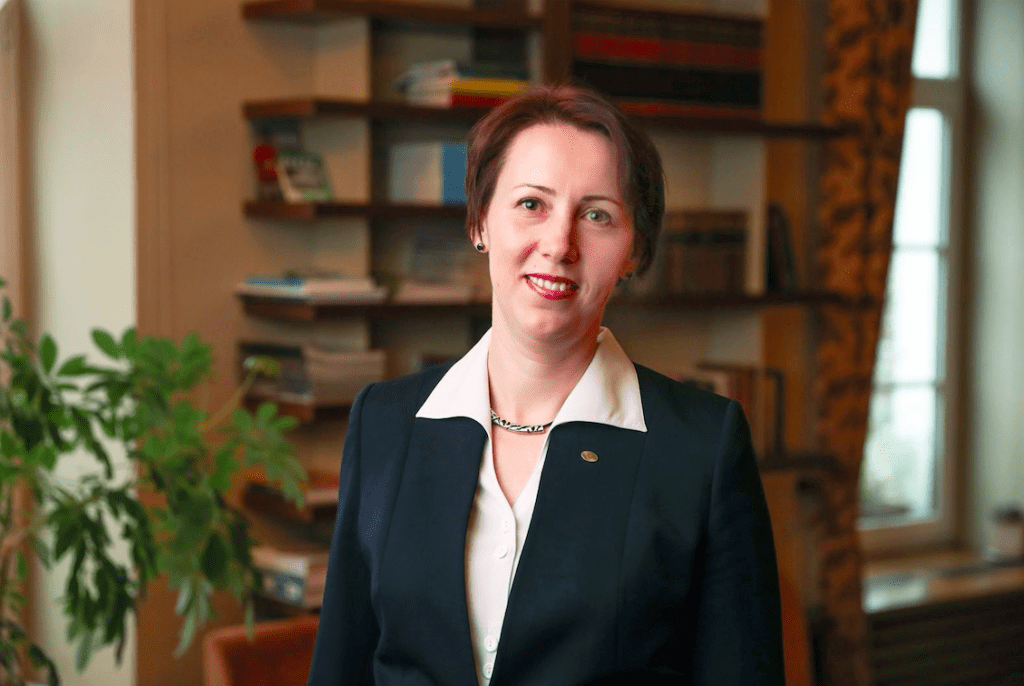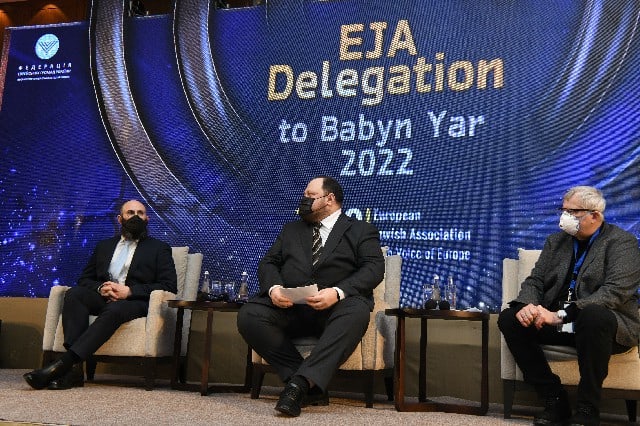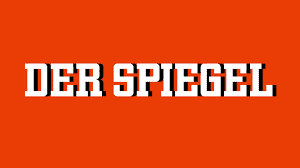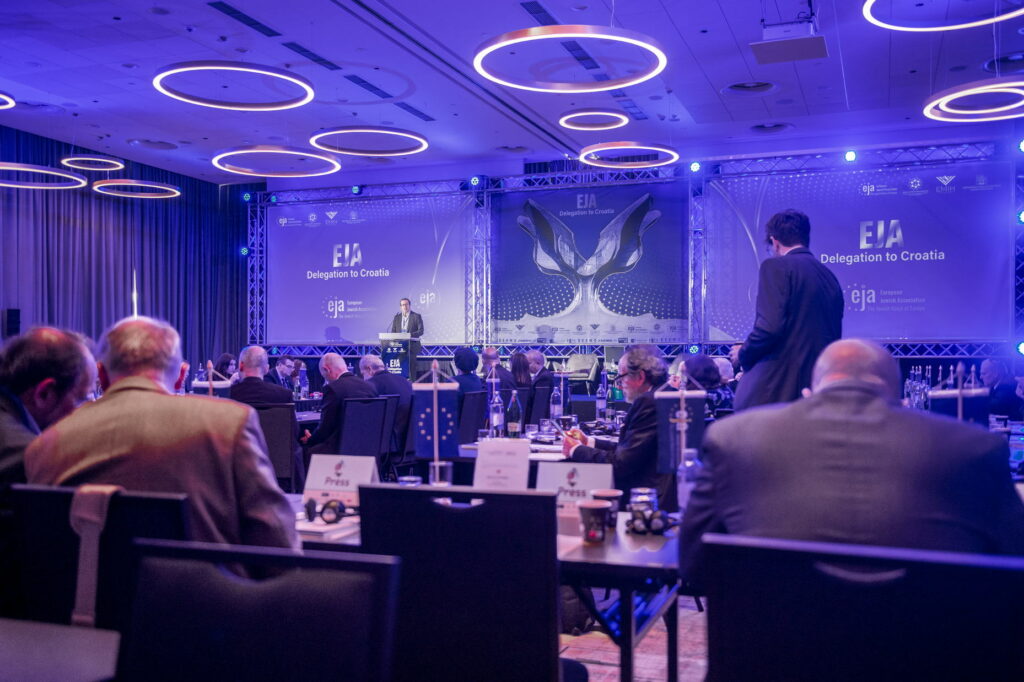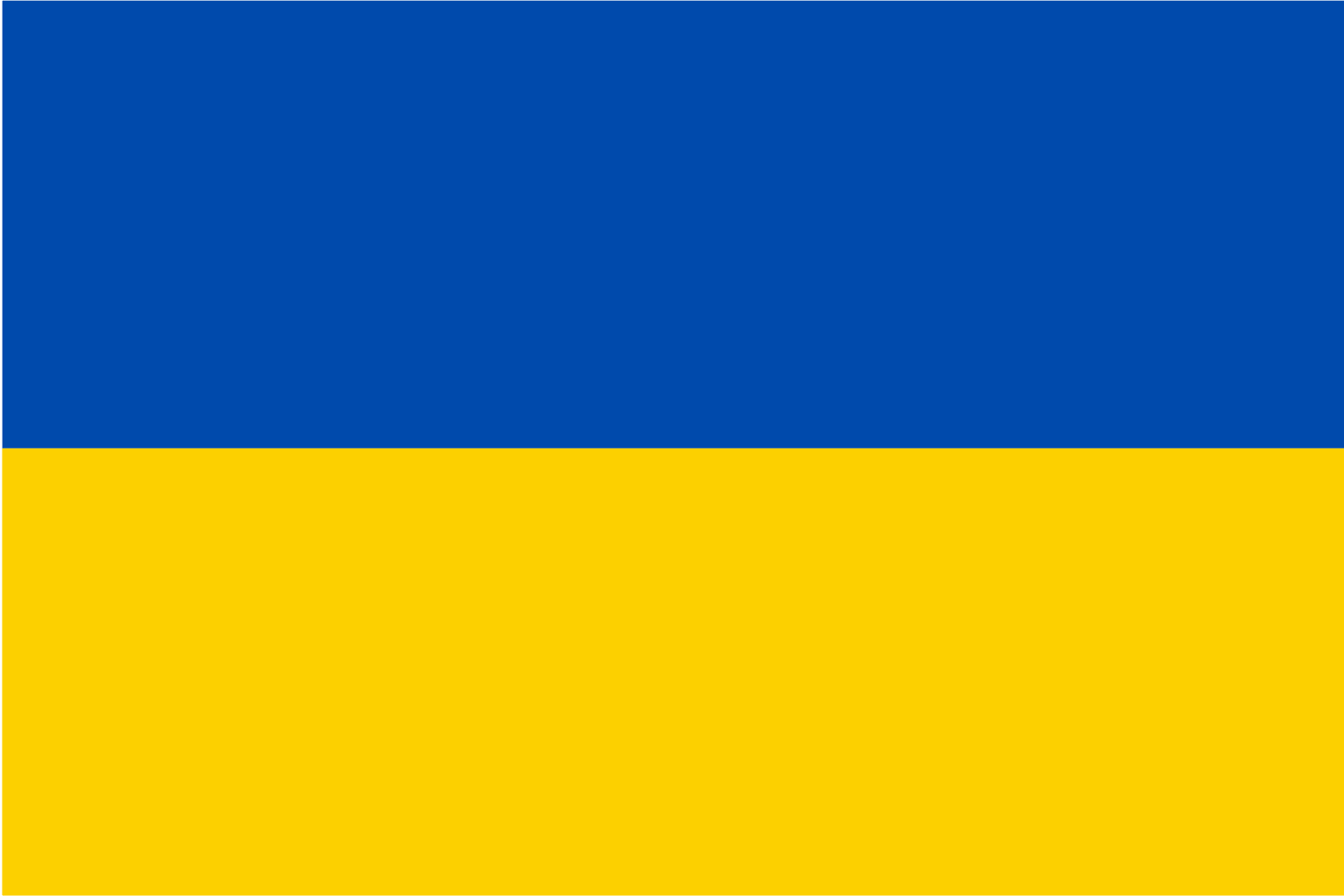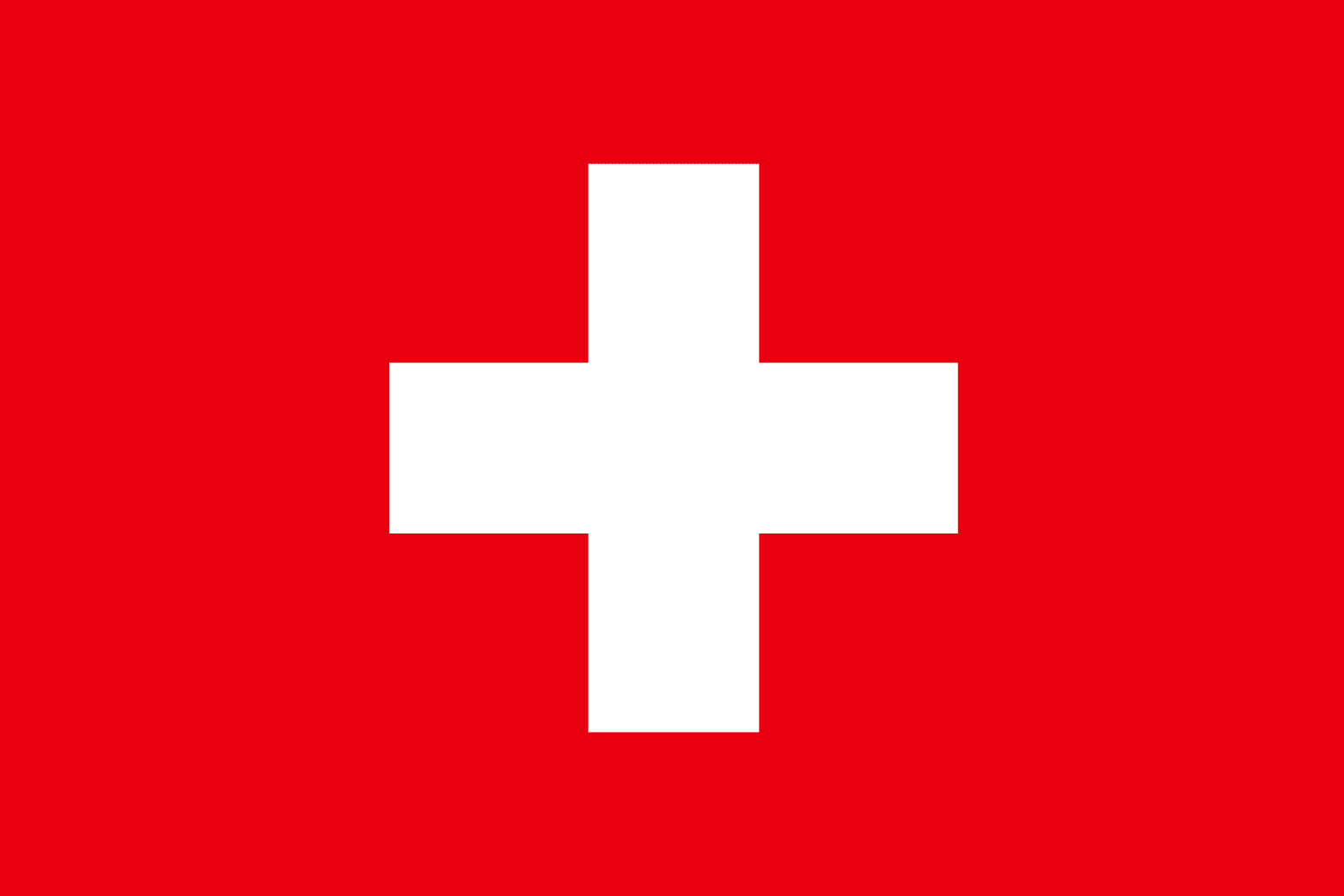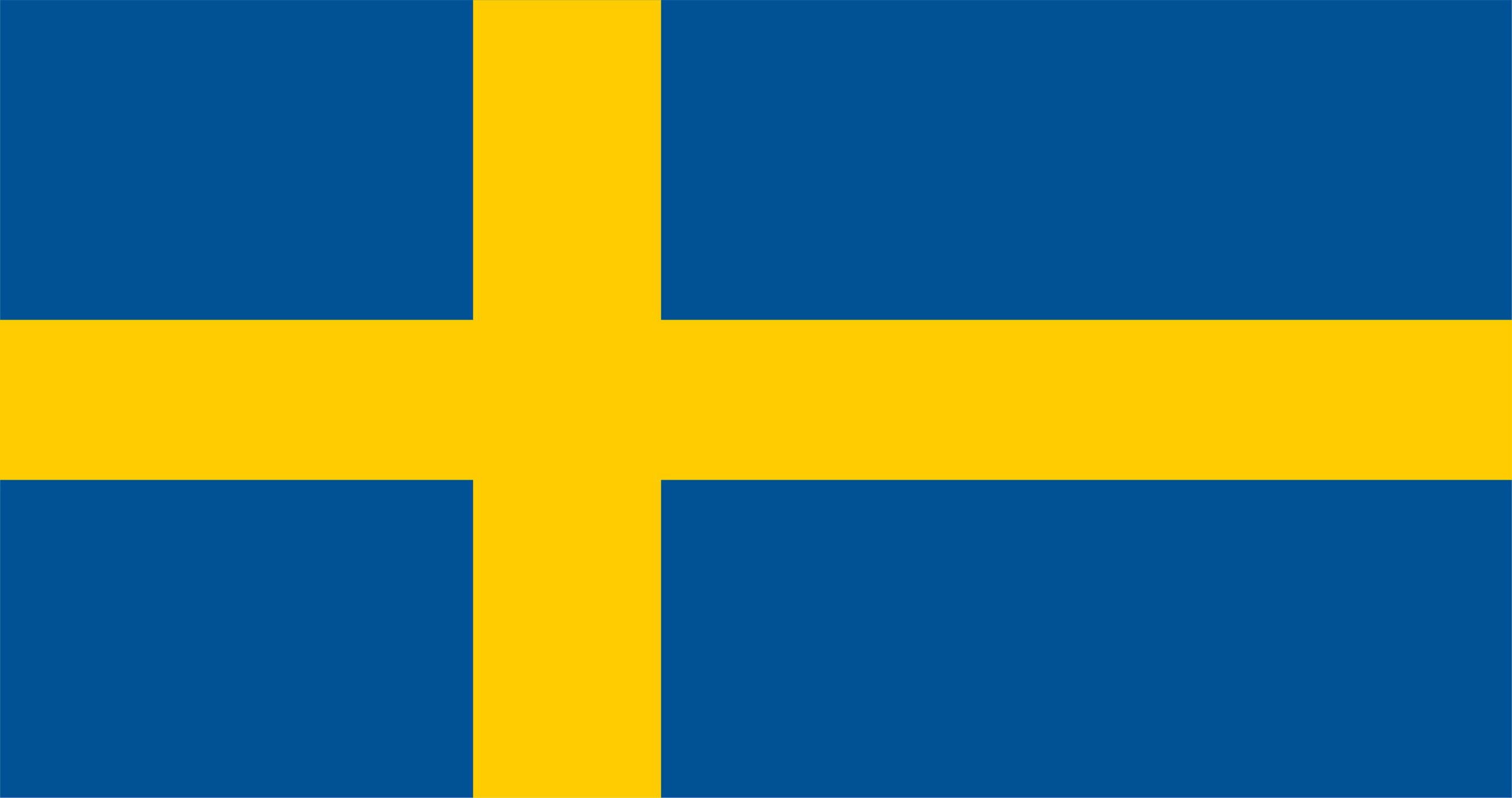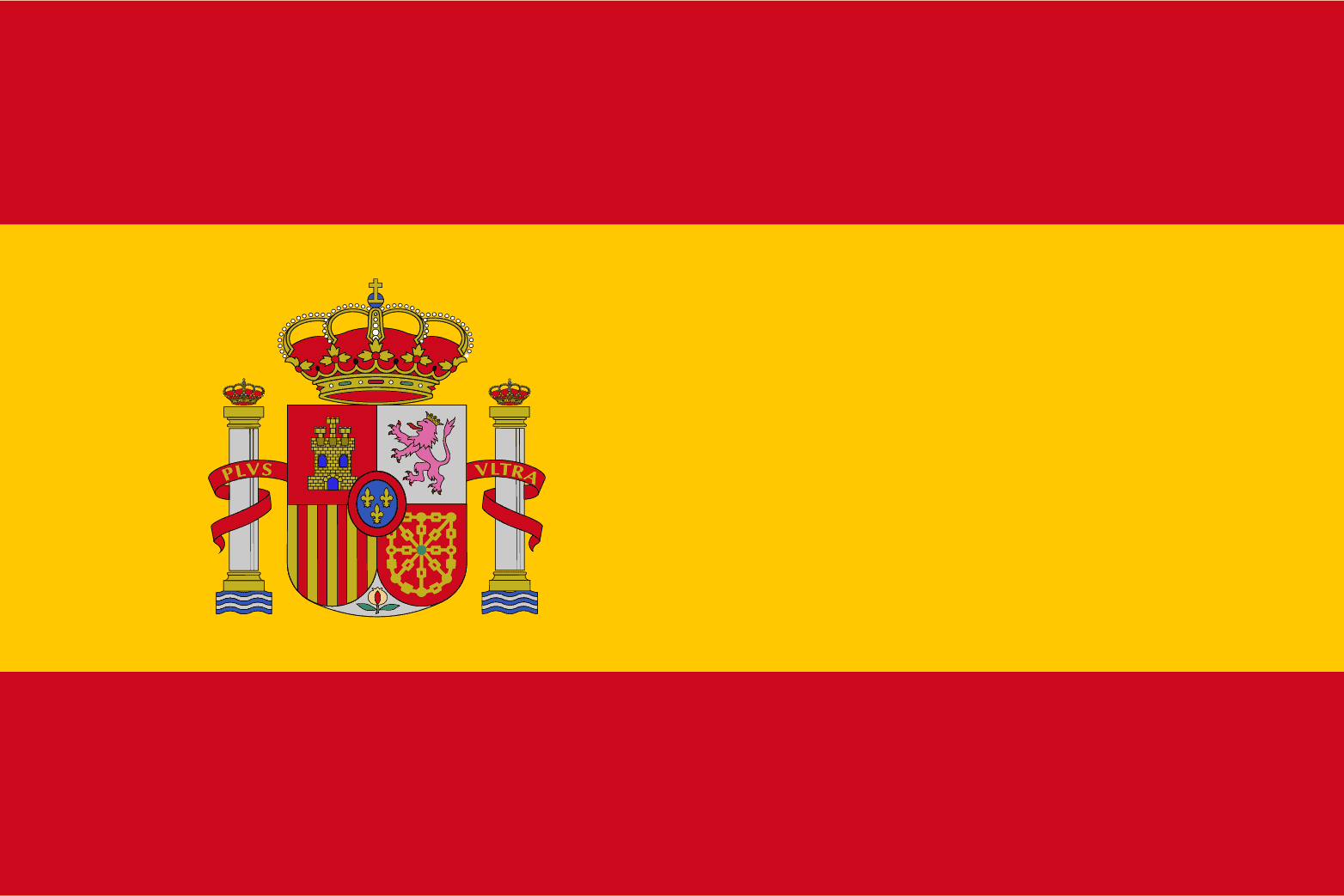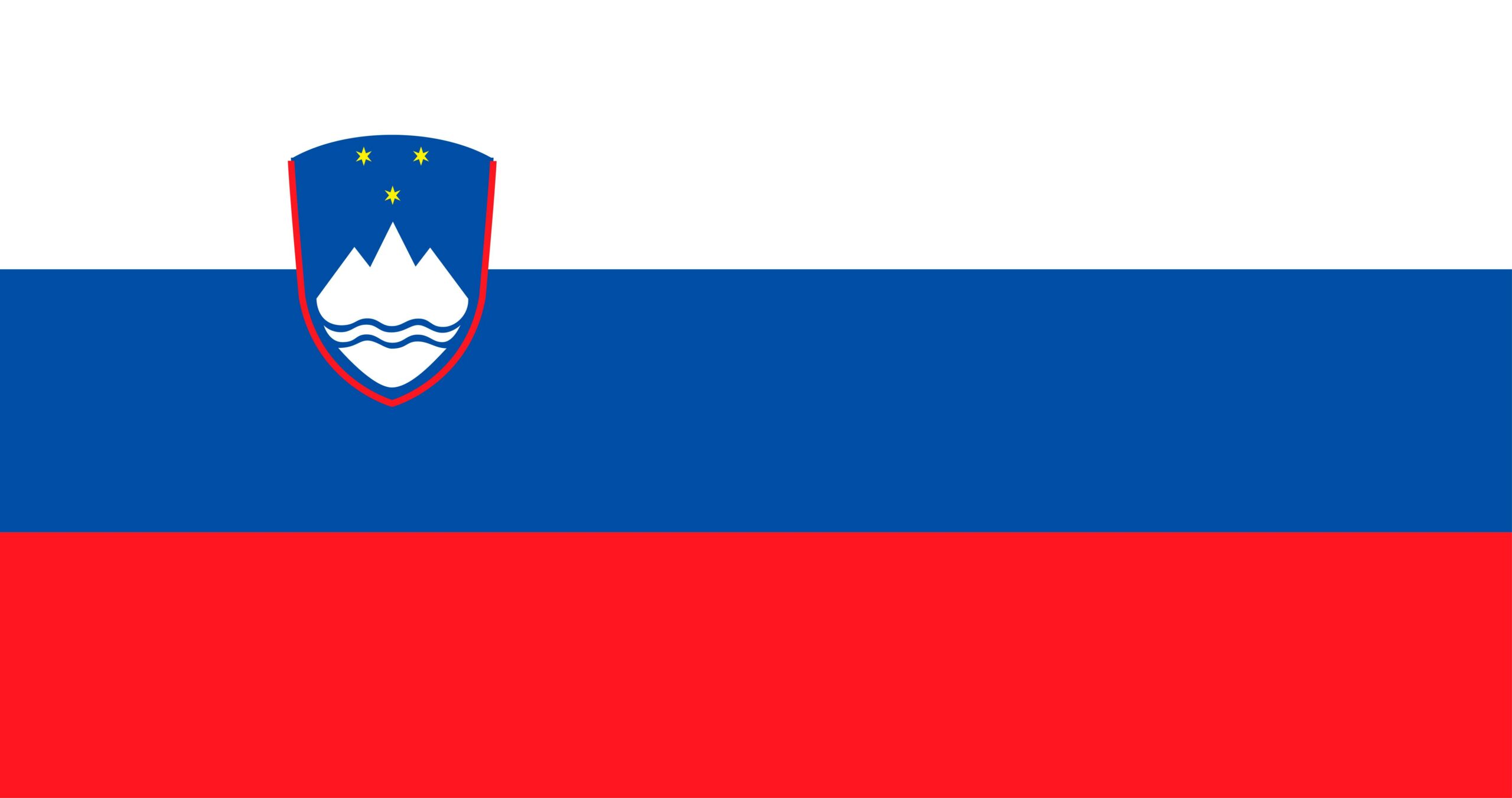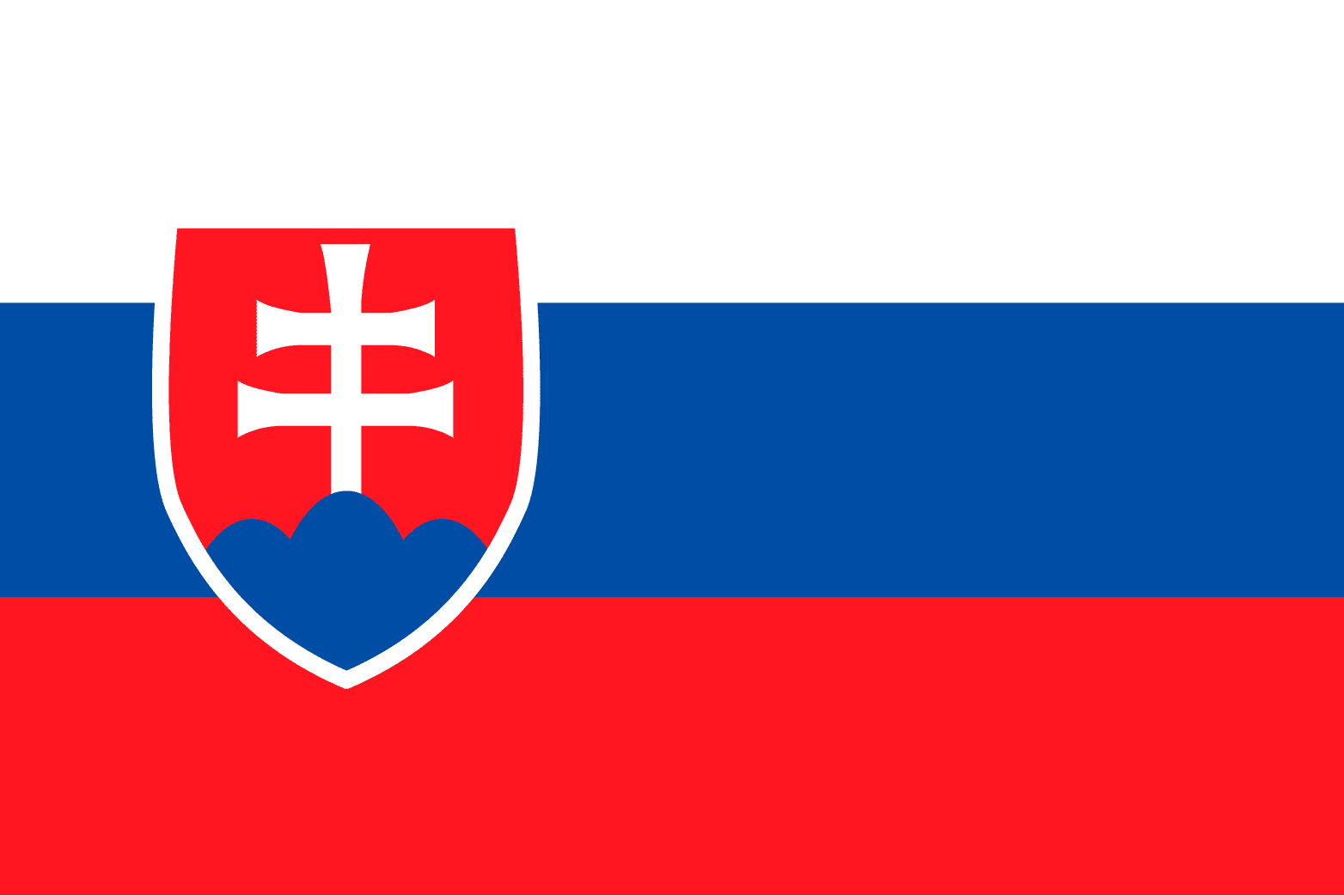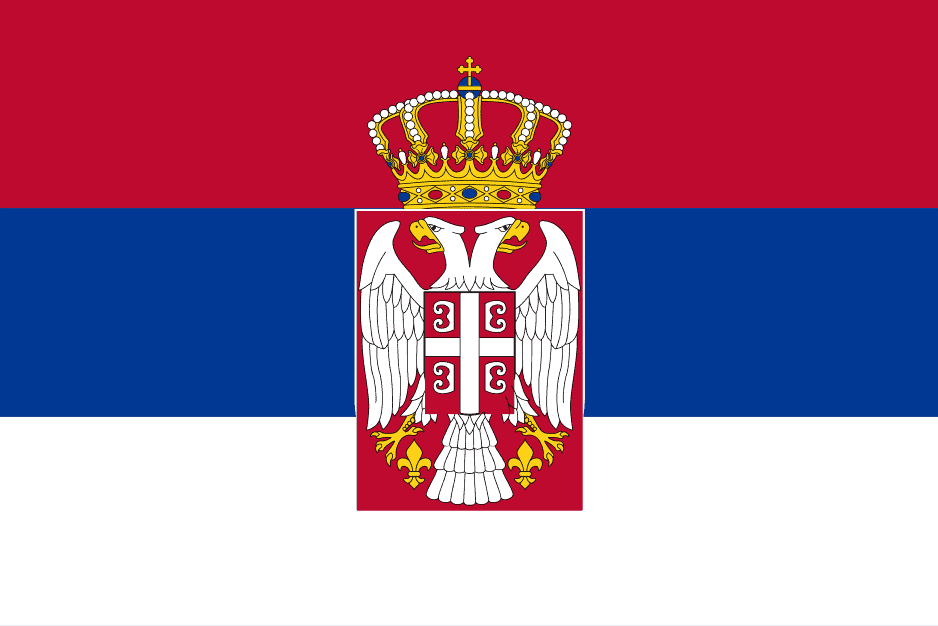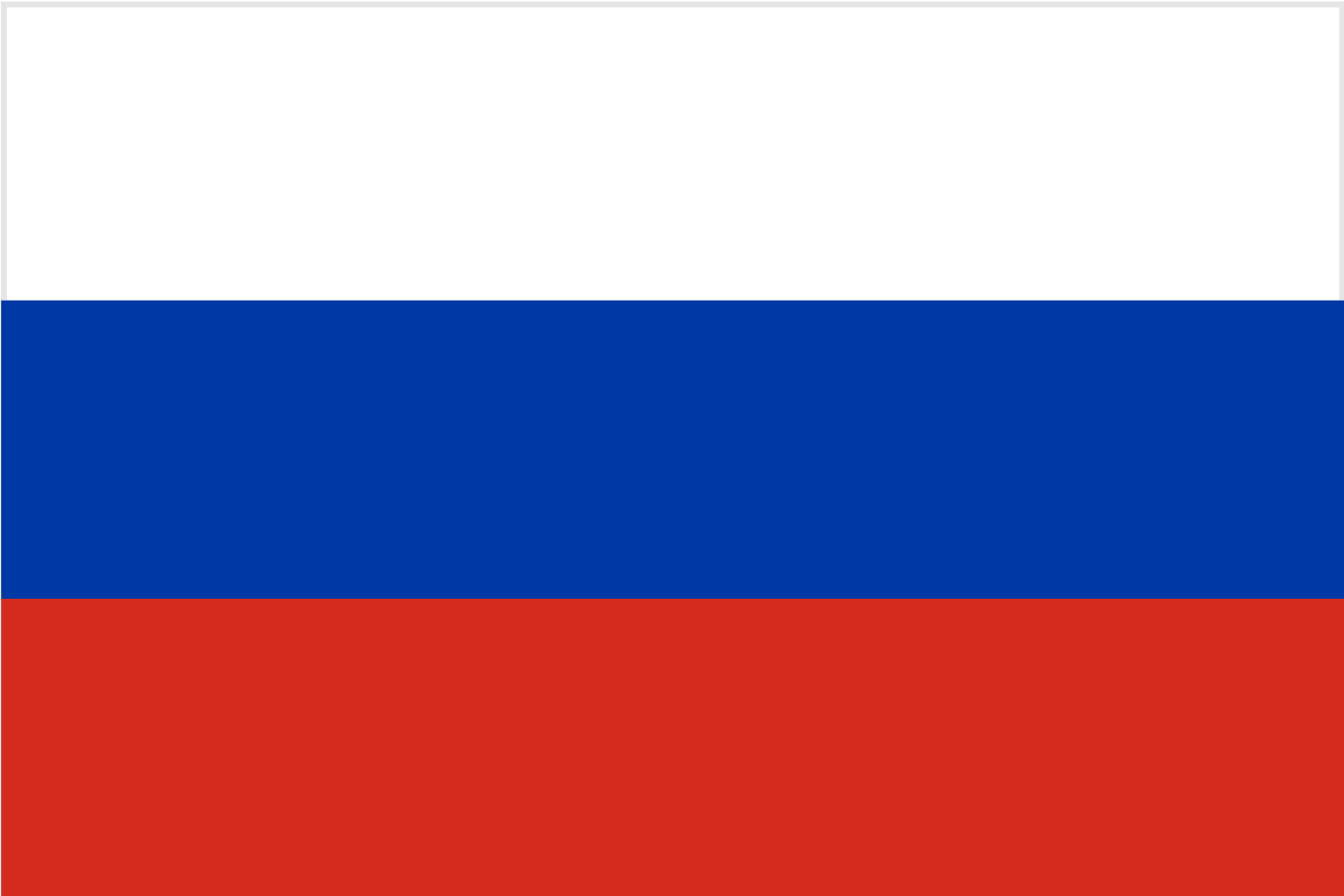Yesterday, on 16 January 2020, the European Jewish Association and our partners from the Action and Protection Foundation /Hungary/ and the International Commission for the Evaluation of the Nazi and Soviet Occupation Regimes in Lithuania have joined together to further advance the ongoing Europe-wide initiative on the European Curriculum and Textbook Project against Antisemitism. The meeting has thus taken place in the wonderful Lithuanian capital of Vilnius – once known as the Jerusalem of the North.
With the EJA having been represented by Mihails Vorobeičiks-Mellers (Political Affairs Adviser), the APF by Kálmán Szalai (Secretary) and the International Commission by Ingrida Vilkienė (Deputy Director), we have had the pleasure of meeting with Jolanta Urbanovič, Vice-Minister of Education, Science and Sport of the Republic of Lithuania, and members of her team.
During the meeting, the European dimension of the project has been described and discussed, along with the ongoing dialogues with the educational authorities in several other countries, where meetings have already taken place earlier. Then the initiative’s realization in Hungary has been touched upon – its roots, planning, development, the negotiations involved, gradual implementation and results, and the effect it has had and continues to have on the national curriculum and those undergoing as well as teaching it.
Afterwards, the Lithuanian system of education has been discussed, particularly the various aspects of Jewish studies already covered within the curriculum as well as the corresponding topics where the International Commission has achieved significant progress. In case of the latter, numerous teacher seminars, symposiums and events devoted to providing extensive information on the pre-war Jewish life in Lithuania, contributions to society and country as a whole, as well as Holocaust remembrance – just to name a few.
A consensus has been reached that a much stronger emphasis has to be made not only on the Holocaust remembrance – which is undoubtedly important – but also coexistence, cooperation and long-time friendship between the Jews and their compatriots inhabiting Lithuania in the many centuries preceding the Second World War, not to mention the after-war and contemporary periods as well.
With the above in mind, and considering the Ministry’s plans to renew the curriculum (not just in history, but also other subjects, e.g., social studies, languages etc.), it has been, in particular, agreed that a project proposal containing a number of suggestions shall be prepared, covering the various aspects of the topics mentioned above and others, which shall then be discussed and further evaluated by a prospectively set up expert group, whose composition shall be also discussed soon. Interest and willingness for further close dialogue and possible cooperation has been expressed by all sides involved in the meeting.
We are most grateful to Madam Vice-Minister Urbanovič and her colleagues at the Ministry for their much welcome interest, time and the possibility to have this discussion yesterday, not to mention for being such wonderful and gracious hosts. We very much look forward to further communication with the Ministry and our partners on the present initiative and, of course, other topics of common interest and concern.


